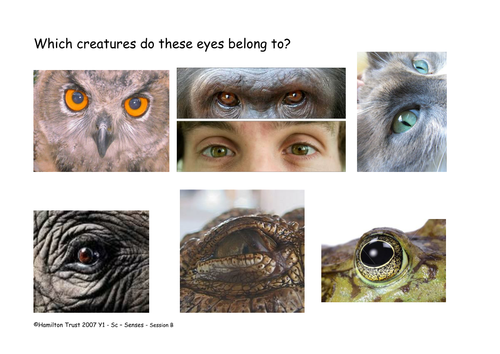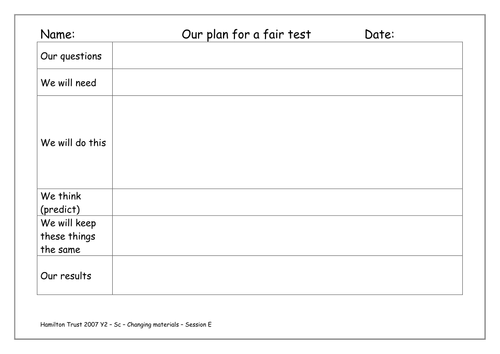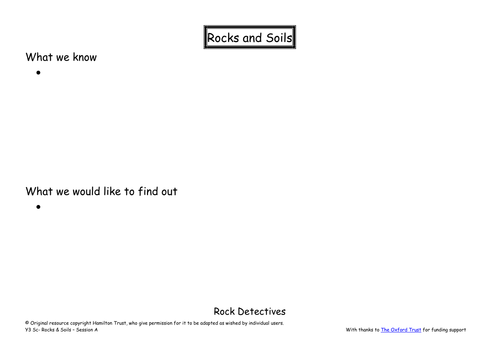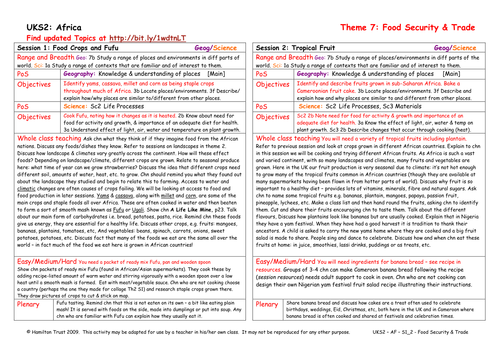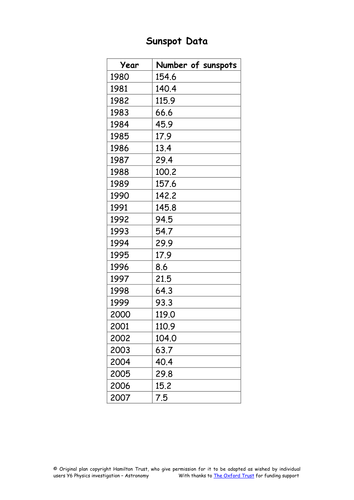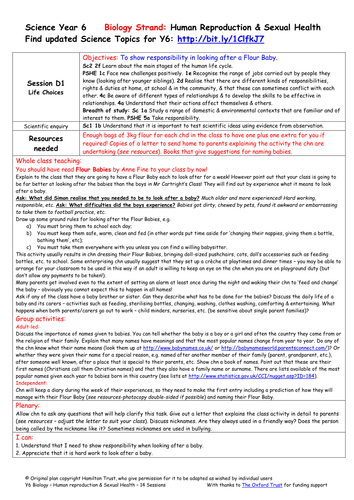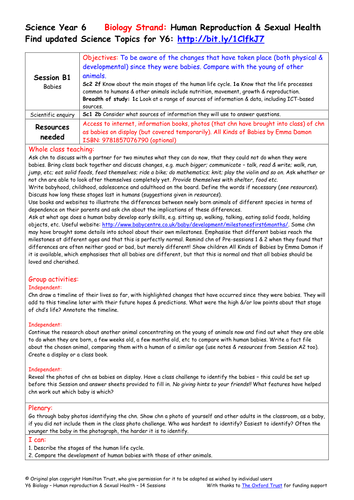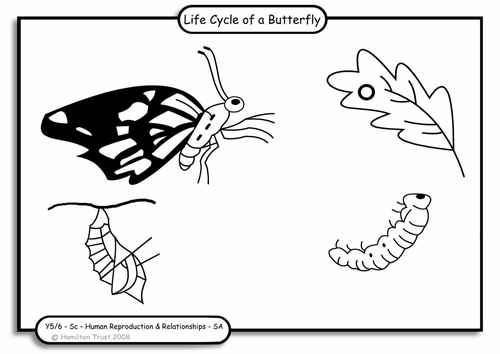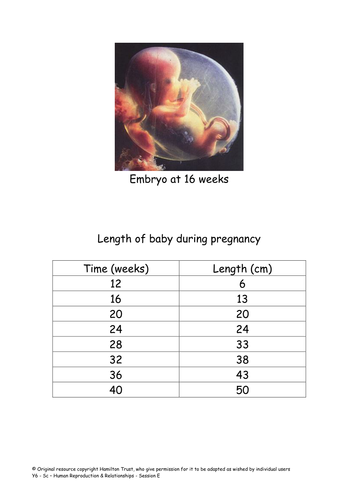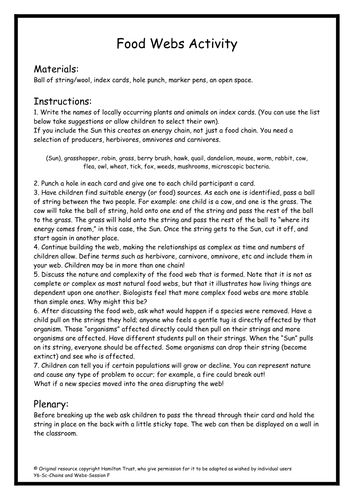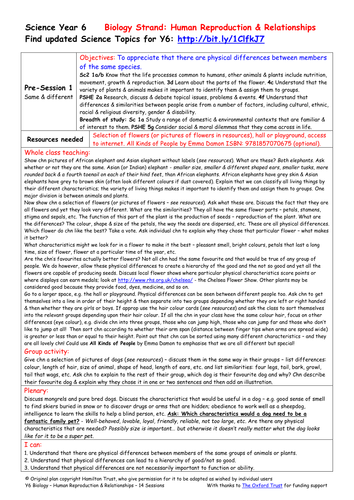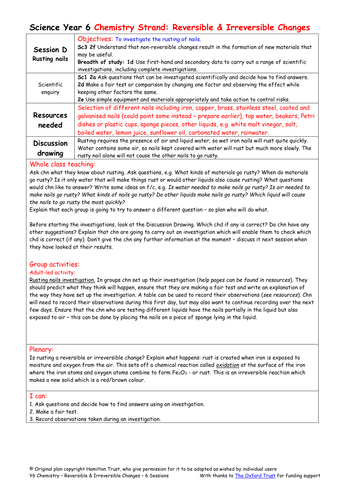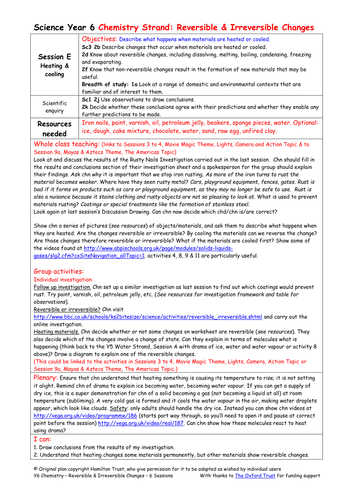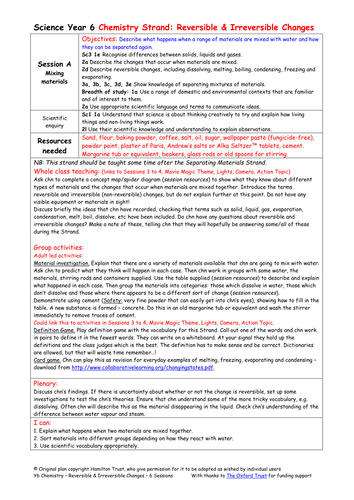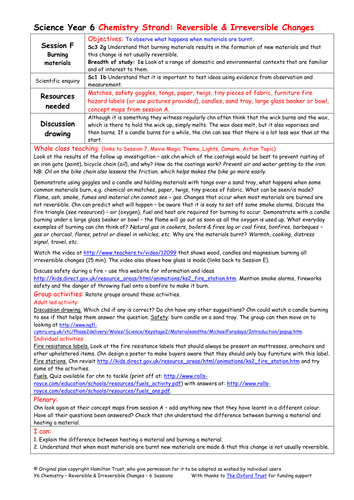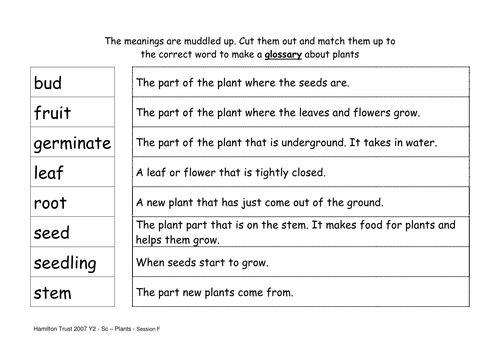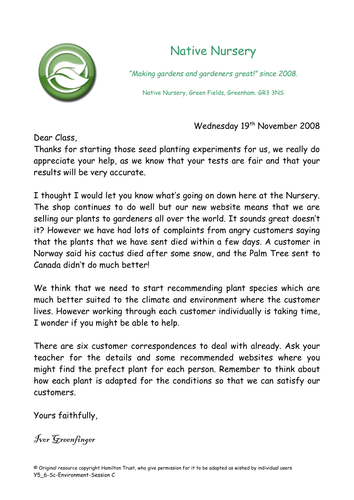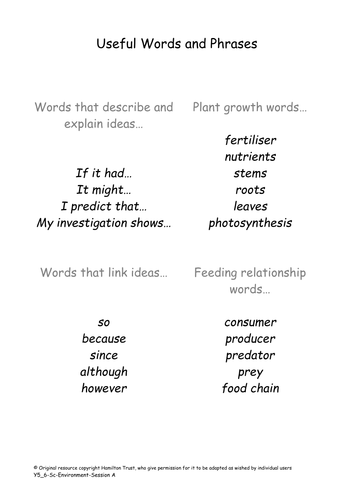
397Uploads
10045k+Views
11646k+Downloads
Elementary science

Explore sight
Focus on the sense of sight. Play ‘Kim’s Game’ and identify some animal eyes. Discuss sensitivity of eyes and safety. Collect and group information about eye colour and create a pictogram of the results. Draw pictures of animals that can see in the dark.
Suitable for Year 1 pupils.

Melting investigation
Practical class investigation about melting chocolate and then shaping it before allowing it to cool and harden.
Focus on planning a fair test, prediction and use of scientific vocabulary. Optional addition of rice pops to shapes!
Suitable for Year 2 pupils.

Rock detectives
Revisit vocabulary about properties of materials. Explore ‘what we know’ and ‘what we would like to know’. Go for a walk to identify how materials that come from rocks are used around the school.
Suitable for Y3 pupils.

Tropical Fruit
In this session, we identify and describe fruits grown in sub-Saharan Africa. The need for fruit as part of a healthy diet is discussed and children taste some tropical fruits. Children follow a recipe to make Cameroon banana bread.

The sun
Show children that white light is actually a mixture of colours and that the Sun provides heat! Investigate sunspots using shadows and the rotation of the earth around its axis. Finally draw a graph of the number of sunspots a year and identify a pattern.
Suitable for Y6 pupils.

Life choices
Session 1 - Think about all the different relationships that children have/will have with other people, leading to a discussion about marriage. Research marriage customs in different cultures. Children return to timelines and predict hopes and expectations for their future lives.
Session 2 - Think about all the different relationships that children have / will have with other people, leading to a discussion about marriage. Research marriage customs in different cultures. Children return to timelines and predict hopes and expectations for their future lives.
Suitable for Y6 pupils.

Three states of matter
Solid, liquid or gas? That is the question that kicks off this block of six sessions. Children investigate the properties of the three states and sort some familiar and unfamiliar objects into them. Suitable for Y5 pupils.

Babies
Session 1 - Children consider the development that they have undergone since they were babies. Draw a timeline of their lives so far. Continue research into the life stages of another animal concentrating on how quickly the babies develop. Have a baby photo challenge!
Session 2 - Look at the proportions of a human adult as shown by Leonardo’s Vitruvian Man. Investigate the shape changes between a baby and an adult human, concentrating on the head to body length ratio. Measure and draw graphs. Sketch children and adults in proportion.
Suitable for Y6 pupils.

Life cycles
Session 1 - Set up ground rules for this Strand. Revise knowledge of life cycles of butterflies and frogs which both involve metamorphosis and flowering plants. Discuss reasons for reproduction and consider animals facing extinction. Start reading Flour Babies.
Session 2 - Using the riddle of the Sphinx as a starting point, look in detail at the human life cycle and compare the stages with those of other animals. Look at the range of different gestation periods and life spans; draw graphs and look for patterns. Begin research.
Suitable for Y6 pupils.

Pregnancy
Session 1 - Changes at puberty prepare our bodies to have children of our own. Look in more detail at human fertilisation and pregnancy and learn how important it is for mother-to-be to look after her health. Look at baby growth in utero and explain function of umbilical cord.
Session 2 - Watch a video of a birth and discuss other forms of delivery such as Caesarean or forceps deliveries. Discuss how the parents’ lives will now change and relate this to children’s Flour Babies experience. Research birth rites of passage in different cultures.
Suitable for Y6 pupils.

Puberty
Session 1 - Look at the physical changes that take place during puberty. Some are seen easily, e.g. growing taller and broader, hair around genitals and under arms, etc. Also discuss menstruation and wet dreams and rites of passage in different cultures on reaching puberty.
Session 2 - Look at the emotional changes in puberty. Use drama to act out typical scenarios involving parents and teenagers; look at the different viewpoints and discuss how compromise can ease situations. Look at the meaning of friendships and where help can be found.
Suitable for Y6 pupils.

Food webs
A wonderful food web is weaved in this session as children create more complex feeding relationships. Through practical activity they discover the impact that subtle changes can have on the whole web!
Suitable for Y6 pupils.

Same and different
The first two sessions are an introduction to the Strand.
Session 1 - Help children appreciate that there are many physical differences between plants and animals (including humans) that are not necessarily good or bad nor important to function or ability.
Session 2 - Look in more detail at differences between people living in Britain. Discuss our multi-cultural society. Share poems in We are Britain by Benjamin Zephaniah to inspire children to write poems about themselves. Can children recognise their own Wanted poster?
Suitable for Y6 pupils.

Rusting nails
Look at an irreversible change. Children set up an investigation to answer questions about nails rusting. Will they compare nails made from different materials or find out whether or not both water and air are needed for rusting to occur?
Suitable for Y6 pupils.

Heating and cooling
Use findings from Rusty Nails Investigation to plan another test. Look at the changes that occur when common materials are heated, and then decide whether or not cooling will reverse the change. What happens if the materials are first cooled and then heated?
Suitable for Y6 pupils.

Mixing materials
Find out what children already know about materials and the changes that occur when they are mixed. Predict and investigate what happens when a variety of materials are mixed with water. (Re)introduce terms reversible and irreversible. Play a vocabulary game.
Suitable for Y6 pupils.

Burning materials
Which coverings did prevent nails going rusty? Find out what happens to materials that are burnt, rather than heated – using the fire triangle.
Discuss fire safety including furniture fire hazard labels. Review what children have learnt over the Strand.
Suitable for Y6 pupils.

Collate findings
Finish the investigation started in Session B. Use the results to try and answer the questions about what plants need.
Match vocabulary to meanings to make a glossary. Assess what has been learnt.
Suitable for Y2 pupils.

Plants in the environment
The customers from around the world have come flooding onto the Native Nursery online shop wanting advice about which plants to buy for their climate. Children research each climate zone and make suggestions well suited to the conditions.
Suitable for Y5/6 pupils.

Plant growth
Children receive a letter requesting help from the Native Nursery. Children must design and set up experiments to find the best conditions for growing seeds. They will monitor progress and report their findings in Session F.
Suitable for Y5/6 pupils.

